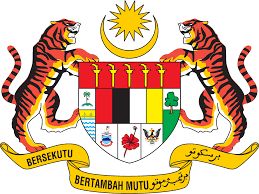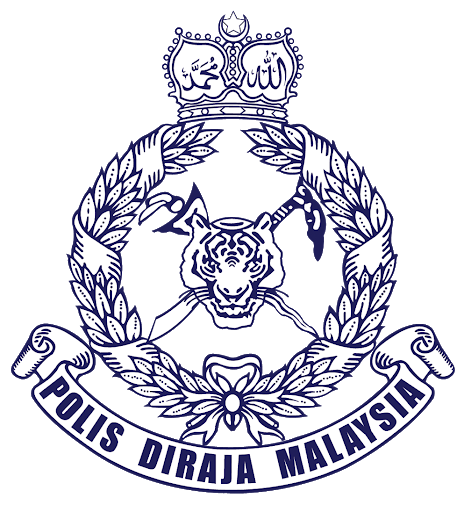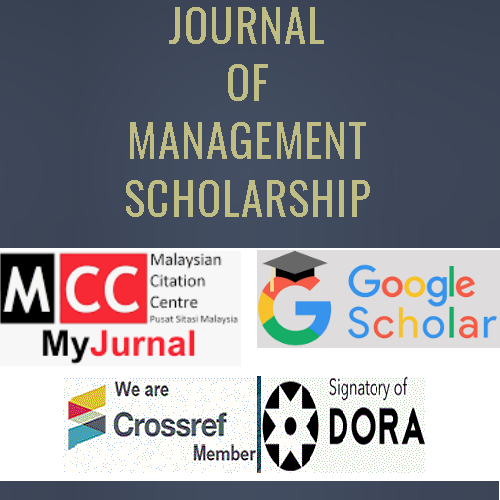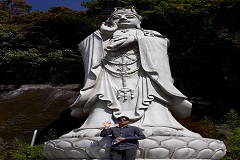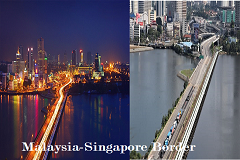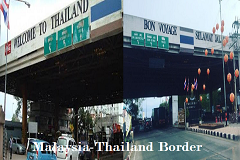Drunk Driving in Malaysia: Preliminary Information, Law, and Penalties
- On Aug, 3, 2021
- Ch. Mahmood Anwar
Drunk driving or driving under the influence (DUI) is a term often heard nowadays. It is also called driving while intoxicated (DWI), operating while intoxicated (OWI), and operating vehicle under the influence (OVI). We see this almost every day in the news because it has become a serious problem in our society which is the major cause of road crashes and traffic fatalities worldwide. Some of the famous people arrested for drunk driving are Justin Bieber (singer), Paris Hilton (Reality TV star), Lindsay Lohan (actress), Carmelo Anthony (basketball star), Mike Tyson (former boxer), Todd English (celebrity chef), and would you believe, even former US President George W. Bush. But being arrested with DUI does not mean they are automatically guilty of the offence, ever heard of the saying, “presumed innocent until proven guilty”.
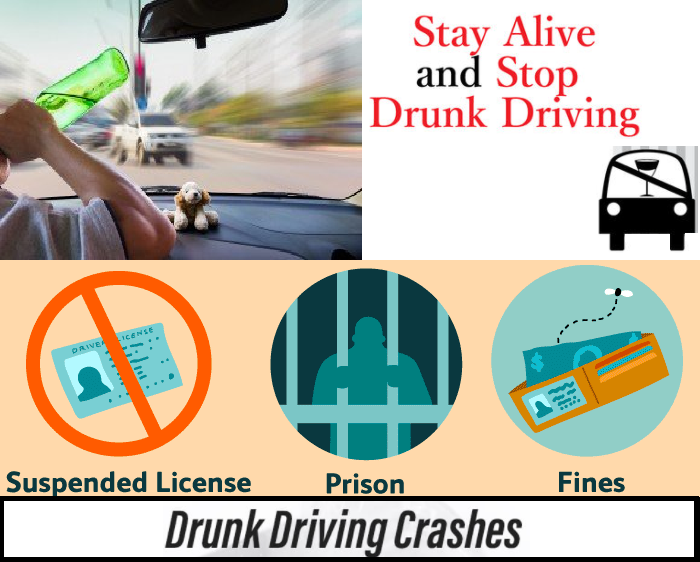
Keeping Safe
World Health Organization (WHO) 2020 report reported that approximately 1.3 million people die each year due to road crashes, causing considerable economic losses to individuals, families and the country’s economy as well, estimated to cost 3% of most countries’ gross revenue. In the United States alone, every day, about 28 people die in drunk-driving crashes causing irrecoverable life and economic losses.
Drink or drunk driving increases the risk of road accidents or crashes starting at low level of blood alcohol concentration (BAC), and the risk rises significantly as BAC level increases to >0.04 g/dl. Acute alcohol intoxication can alter or impair drivers’ behavior, cognition, perception, consciousness, and judgement. Hearing, vision and movement may also be impaired because reaction times or reflexes are slowed down.
Symptoms You Should Know
The symptoms of mild alcohol intoxication (BAC 0.01-0.1%) include reddening of the face or flushing of the skin, slightly increased heart rate, disinhibition, mild deficits in coordination like unsteady gait or difficulty in standing up, talkativeness, feeling of well-being, increase in confidence, a slight decrease in attention, memory and judgement. In moderate intoxication (BAC 0.15-0.3%) there is pronounced disinhibition, slurred speech, mood variability, dizziness, sleepiness, nausea and vomiting. Confusion, memory gap, uncontrolled eye movements, impaired vision and sound localization may also be observed. There is also a reduction in responsiveness, alertness and reaction time, an increased deficit in coordination and psychomotor skills disorder like clumsiness. In severe intoxication or alcohol poisoning (BAC >0.3%), there may be symptoms of delusions and hallucinations, severe dizziness, severe difficulty in speaking, a severe deficit in coordination and psychomotor skills disorder, possible hypothermia etc. A possibility of coma in people with BAC >0.4% is also there, in addition to, experiencing loss of consciousness, lack of defensive reflexes, and respiratory failure.
Why Some People are Easier to Get Drunk
Some factors that may contribute to alcohol intoxication are genes (can either make you more resistant or more susceptible), frequency of alcohol use (frequent drinkers may be more resistant to symptoms and occasional drinkers may be more susceptible), kind of alcoholic beverage imbibed (vodka or rum is a much stronger drink than champagne), amount of alcohol consumed, rate of alcohol consumption (fast drinker can be more intoxicated than slow drinker), body weight (the higher body the weight the faster ability to eliminate alcohol), some underlying conditions and certain medications can also make you more resistant or more susceptible to alcohol intoxication.
The complications of alcohol intoxication may vary from low glucose levels and low potassium levels to severe complications like hypoxia, hypothermia, heart arrhythmias, chest pain and seizures. Treatment options also vary on the severity of a person’s intoxication level. For mild intoxication, the usual treatment is observation, glucose administration (if glucose levels are decreased), and administration of sedatives (if the intoxicated person is agitated and/or violent). For moderate intoxication, they need close monitoring, glucose administration (if glucose levels are decreased), administration of sedatives (if agitated and/or violent), and may require intravenous fluid hydration. In severe intoxication, constant monitoring of vitals is required in the intensive care unit (ICU), frequent assessment of breathing, if insufficient, intubation or mechanical ventilation may be required. Glucose administration (if glucose levels are decreased), administration of sedatives (if agitated and/or violent), also the administration of Vit B1 or Thiamine (if the intoxicated person is in a coma), to prevent Wernicke’s encephalopathy.
The most common reason of drunk driving offenders as shown in various studies is rooted in psychological factors like anxiety, depression, inhibition, introversion, low assertiveness, and neuroticism. More than half of these offenders (60%) also have one mental disorder in addition to drug or alcohol abuse like bipolar disorder, obsessive-compulsive behaviour, and post-traumatic stress disorder. It was also found out that some DUI offenders belong to a more underprivileged population. They also scored high in depression, vulnerability to stress, but has low scores in intellect, achievements, self-discipline, and competence.
In World Life Expectancy, the most cases of road traffic accidents, deaths rate per 100,000 in the world is in African countries, specifically Zimbabwe with 61.9 death rate, followed by Liberia with 52.03 death rate and Malawi with 51.62 death rate. In South-East Asia, Thailand has the most cases of road deaths with a 30.19 death rate followed by Malaysia at a rating of 23.40.
What We Should Know about Malaysia
Malaysia is a federal constitutional monarchy, with thirteen states and three federal territories. The national capital of Malaysia is Kuala Lumpur and is also the most populated city. Malaysia is the world’s 43 rd most populous country with over 32 million people. About half of its population is ethnically Malay, with some Chinese, Indians and indigenous minorities, making Malaysia multi-cultural and multi-ethnic region. Although they recognize Islam as the country’s established religion, the government allows freedom of religion to non-Muslims.
Drunk Driving in Malaysia is rampant and remains a serious problem. 54 drunk driving deaths amounting to a small proportion of 0.86% out of 6,284 road deaths in Malaysia in year 2018 were reported by Malay Mail. That same year, there were 74 incidents of drunk driving with major injury and 63 incidents of minor injury, a total of 191 drunk driving accident were reported. But there were only 25 drunk drivers arrested in year 2018. These drunk driving accidents cause interracial tension among Malaysians, where non-Muslims are accused of drunk driving, but political heads say that it is not a racial issue, since there are a significant number of Malaysian Muslims that also drink alcoholic beverages.
Law Amendment
Because of these alarming accident statistics, to improve road safety, the government amended drunk driving law and made it stricter, the Road Traffic (Amendment) Act of 2020, which took effect last October 23, 2020.
The new prescribed limits of alcohol introduced by the amendments are as follows:
• 22 micrograms of alcohol in 100 milliliters of breath
• 50 milligrams of alcohol in 100 milliliters of blood
• 67 milligrams of alcohol in 100 milliliters of urine
The 2020 amendments imposed much stricter penalties on section 44 and 45 offences and stiffer penalties for repeat offenders.
Section 44(1) – causing death penalties
A person causing the death of another person whilst driving under the influence shall, if convicted, be punished to imprisonment for at least ten years and not more than 15 years, and a fine of between RM50,000 and RM100,000. The driver shall be disqualified to hold a driver’s licence for at least ten years.
Section 44(1A) – causing injury penalties
If convicted of causing injury whilst under the influence, the punishment is a minimum of 7 years imprisonment and not more than ten years imprisonment, and a fine of at least RM30,000 and not more than RM50,000. The driver shall be disqualified to hold a driver’s licence for at least seven years.
Section 45A – exceeding the prescribed limit penalties
A person convicted of driving or attempting to drive whilst their alcohol level exceeds the prescribed limit, shall be sentenced to imprisonment for a maximum of 2 years and a fine of at least RM10,000 and not more than RM30,000. Upon conviction, the driver shall be disqualified from holding a driver’s licence for at least two years.
Section 45 – being in charge penalties
Upon conviction, the person shall be fined at least RM1000 and not more than RM5000 and be liable to possible imprisonment for a maximum of 2 years. The driver shall be disqualified to hold a driver’s licence for at least two years.
For Repeat Offenders: A Much Stiffer Penalty
Section 44(1) – causing death penalties
In the case of a second or subsequent conviction, the penalty is imprisonment for at least 15 years and not more than 20 years, and a fine of at least RM100,000 and not more than RM150,000. The driver shall be disqualified to hold a driver’s licence for 20 years.
Section 44(1A) – causing injury penalties
In the case of a second or subsequent conviction, the penalty is imprisonment of at least ten years and not more than 15 years and a fine of at least RM50,000 and not more than RM100,000. The driver shall be disqualified to hold a driver’s licence for ten years.
Section 45A – exceeding the prescribed limit penalties
In the case of a second or subsequent conviction, the penalty is imprisonment not exceeding five years and a fine of at least RM20,000 and not more than RM50,000. The driver shall be disqualified to hold a driver’s licence for at least five years.
Section 45 – being in charge penalties
In the case of a second or subsequent conviction, the penalty is a fine of at least RM5,000 and not more than RM10,000 and possible imprisonment for a maximum of 5 years. The driver shall be disqualified to hold a driver’s licence for at least five years.
In the amended Section 45C, the police officers may request you to provide a breath, blood or, urine sample for testing if you are a suspect of drunk driving, although there are certain conditions like the place where they request it and the rank of the officer. It also states that if you fail to provide the required samples for testing, you shall be guilty of an offence and sentenced to imprisonment for a period not exceeding two years and fined between RM 10,000 to RM30,000. You will be disqualified to hold a driver’s licence for a minimum of 2 years. If you have an ongoing case, you are not allowed to drive and the officer will confiscate your license.
Questions About Drunk Driving in JPJ KPP01 Theory Test
You may be asked to answer questions in JPJ KPP01 Theory Test to check your knowledge of drunk driving. The questions include “What is the allowable alcohol content in urine, breath, and blood?”, “What is the effect of excessive alcohol consumption on a driver who is driving?”, “What is the best course of action to be adopted by a driver who is drunk?”, “What is the alcohol content stipulated in the breath test for the holder of a Probationary Driving Licence (PDL)?”, “To whom must breath, blood, or urine samples be given when required to do so?” You should visit our JPJ Theory Test Preparation and Practice page to attempt our JPJ Mock Test to assess your knowledge of drunk driving and readiness to attempt JPJ KPP01 Theory Test to attain Malaysian Driving Licence.
Knowledge is Power
Malaysian Bar President said in an interview, in place of the reservations of the general public to the severity of the amended penalties, that, “Ignorance of the law is not an excuse. The public must be reminded to adhere to the law and don’t break it whether the punishment is excessive or lenient”.
Don’t hesitate to leave your feedback in comments section.

